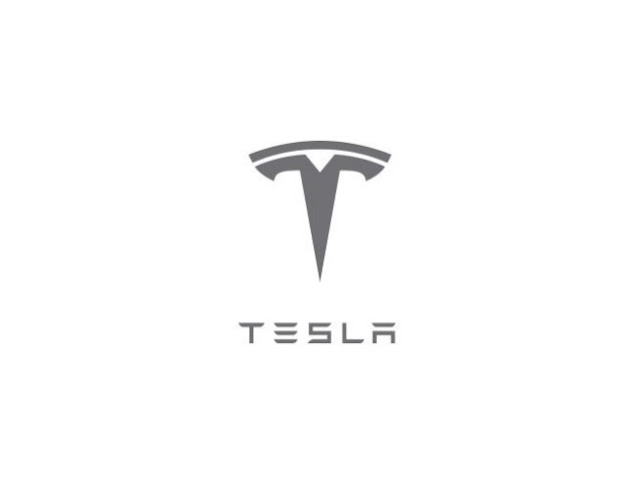2040 cars | ExxonMobil directors would be wise to worry about the explosive expansion of Tesla, which this year outperformed both Ford and General Machine as America's more valuable gondola maker.
Tesla literally can't make its Model 3 mass marketplace gondola fast enough to meet the tremendous is asking for electric cars. The remarkable rise of Tesla -- and growing popularity of electrical vehicles universally -- poses a glaring difficulty for the oil industry.
Consider that almost half( 45%) of America's massive craving for crude oil futures comes from passenger vehicles. That intends each Tesla or Chevy Bolt sold knockings out one of Big Oil's best and most-reliable customer.
All of this combined with great strides in fuel-efficient autoes has led petroleum execs to foresee what was once-unthinkable: world petroleum necessitate could affect a peak.
" We will see peak petroleum. The subject is: When ?" alleged Brian Youngberg, senior vigor psychoanalyst at Edward Jones.
It's undeniable that electric cars have serious force. The number of electrical vehicles outran 2 million in 2016, according to each of these reports from the International Energy Agency, published under Wednesday. And major auto producers like Volkswagen, Ford and Honda have announced ambitious goals to sell more and more electric cars.
But how many beings do you know who own an electric car? Probably not many.
Electric vehicles only represented 0.2% of total light-duty vehicles travelling along the road in 2016, the IEA alleged. Red-hot expansion has also cooled a little bit. Last time was the first time since 2010 that electric car marketings expansion dipped below 50%.
" The proportion achieved so far is still small-time ," the IEA said.
That's why the IEA concluded that electrical vehicles "still have a long way to go" before contacting the scale needed to make a" substantial dent" in world petroleum necessitate and greenhouse gas emissions.
Consider these projections from Morgan Stanley, a big believer in the potential of electric cars.
The investment bank predicted in a recent report that electrical vehicles could account for an incredible 50% to 60% of world light-colored vehicle marketings by 2040. A nature of" shared, autonomous and electrical transport is coming ," Morgan Stanley analysts led by Adam Jonas wrote.
Yet the house said it's" astonishingly constructive" on petroleum necessitate, at least relative to the bleak views that have become more popular recently.
Why? The notoriety of electrical, self-driving and shared autoes will make it much cheaper to get around in the future, stimulating the number of world miles traveled to double by 2030 and triple by 2040. That, of course, would naturalness the pressure on petroleum demand.
" We believe the' peak petroleum necessitate' thesis has a very large blind spot on miles traveled ," Morgan Stanley wrote.
For its part, the petroleum industry is more focused these days on the craving for petroleum from fast-growing economies like India and China. The imagine is that greater intake in developing countries may offset diminishing necessitate from the U.S. and Europe.
" That's where petroleum necessitate will come from in the future ," alleged Youngberg of Edward Jones.
It's also worth noting that the biggest vigor fellowships like Exxon and Chevron had now been changed business examples that allow them to hedge their bets a little bit. A great deal of their business comes from natural gas, which cures strength the electricity grid that electric cars tap into.
Exxon addressed the issue of electric cars in its long-term vigor expectation report. Not astonishingly Exxon is more prudent on the future of electric cars, prophesying they are able to exclusively account for more than 10% of brand-new gondola marketings in the U.S. by 2040. Exxon likewise expects that petroleum and natural gas has continued to be the leading suppliers of world vigor by 2040.
Yet even Exxon has acknowledged that new technologies and greater oil efficiency will head vehicle vigor demand to" flower and eventually reject ."
Of course, long-term projections are inherently hard to make.
One key subject: how will the U.S. and other nations feed its implementation of electrical vehicles as a acces to shorten carbon emissions? That puzzle increased last week when President Trump went the U.S. from the Paris climate accord.
The future of electric cars likewise depends vastly on how fast Tesla and others can get the cost of the vehicles and battery storage down.
" Five years ago, we weren't really speak about Tesla. So, who knows what we're talking about in five or 10 years from now ," alleged Youngberg.
Source : nbc-2.com



Post a Comment
Post a Comment